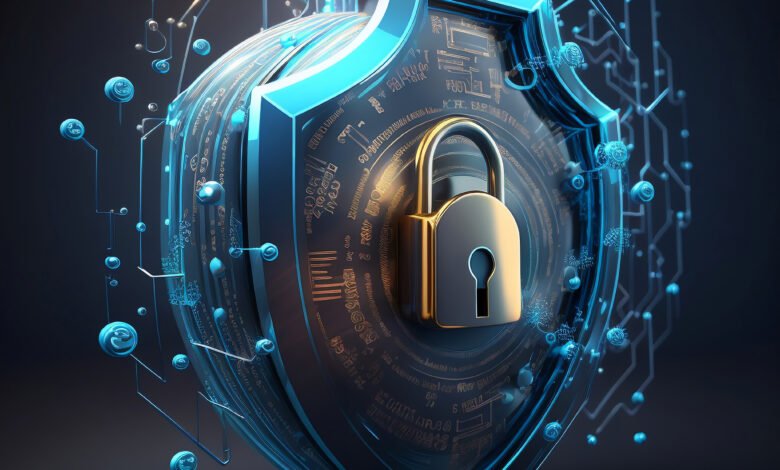What is VPN?
A Virtual Private Network (VPN) is a technology that allows users to create a secure and private connection over a public network, such as the internet. It enables users to send and receive data across shared or public networks as if their devices were directly connected to a private network.
When you connect to a VPN, your device establishes a secure encrypted tunnel to the VPN server. All of your internet traffic is then routed through this tunnel, making it difficult for anyone to intercept or access your data. This provides a layer of privacy and security, especially when using public Wi-Fi networks or accessing the internet from a remote location.
There are several benefits to using a VPN:
1. Enhanced Security and Privacy:
A VPN encrypts your internet traffic, making it unreadable to anyone who might try to intercept it. This is particularly important when accessing sensitive information, such as online banking or personal emails, as it protects your data from hackers or eavesdroppers.
2. Anonymity and Online Freedom:
By connecting to a VPN server, your IP address is masked, and your online activities are attributed to the VPN server’s IP address. This allows you to browse the internet anonymously and bypass any geographical restrictions or censorship imposed by your internet service provider or government.
3. Remote Access and Secure Connections:
VPN technology enables remote workers to access their company’s network securely. It creates a secure connection between the employee’s device and the company’s network, ensuring that sensitive data remains protected even when accessed from outside the office.
4. Protection on Public Wi-Fi:
Public Wi-Fi networks, such as those found in coffee shops, airports, or hotels, are often unsecured and vulnerable to attacks. By using a VPN on public Wi-Fi, you can encrypt your data and protect yourself from potential threats, such as hackers or identity theft.
5. Bypassing Geo-restrictions:
Some websites and streaming platforms restrict access based on the user’s geographical location. With a VPN, you can connect to a server in a different country and appear as if you are browsing from that location. This allows you to access geo-restricted content and enjoy a more open internet experience.
It’s important to note that while VPNs offer enhanced security and privacy, they are not foolproof. It’s essential to choose a reputable VPN provider that does not log your data and has strong encryption protocols in place.
In conclusion, a VPN is a valuable tool for protecting your online privacy and security. It creates a secure connection, encrypts your data, and allows you to browse the internet anonymously. Whether you’re a remote worker, frequent traveler, or simply concerned about your online privacy, using a VPN can provide peace of mind and a safer online experience.




